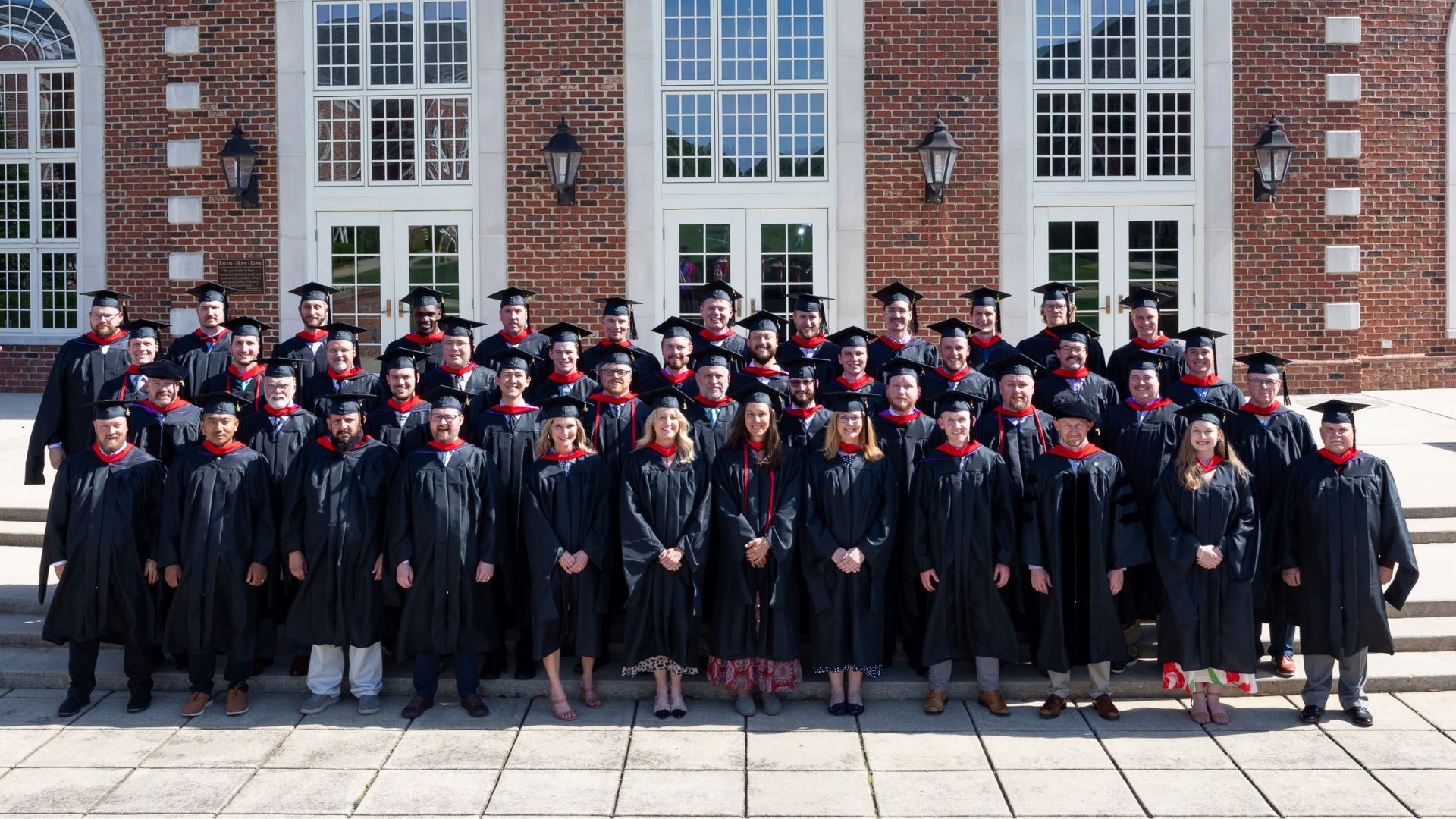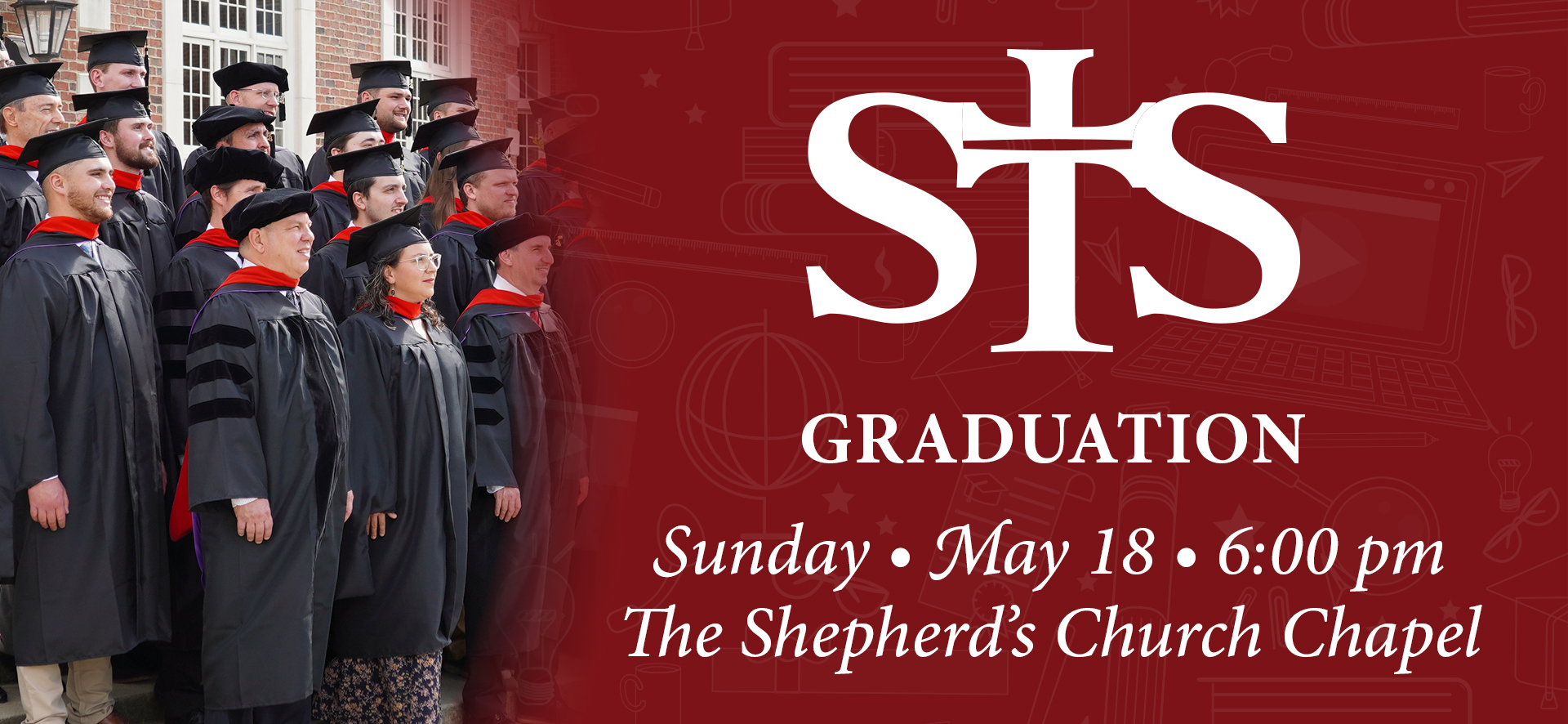By Doug Bookman
This is the second in a three-part series on ten important insights into the life of Christ. To read the first post in this series, click here.
As Easter approaches, the child of God is much advantaged to come to grips with the life lived by his Savior. To that aim, I would suggest that the believer is well advised to consciously and deliberately include the insights to be listed here in his conception of that life.
IV The purpose of Jesus’ many miracles was to prove true His astoundingly difficult claims concerning Himself (cf. John 3:2; Ac 2:22). Thus, miracles were the most frequent during the period of Jesus’ ministry when His intent was to present Himself to Israel as her Messiah (i.e., the first 2½ years). During the first half of the final year of His ministry (i.e., during that time when He was seeking solitude with His disciples in order to reveal to them the unsettling and startling fact that He was going to die and rise again), Jesus was reluctant to do miracles and anxious to escape the local notoriety which always accompanied the doing of miracles. On the other hand, when it once again became strategically important to do so, Jesus again worked many miracles. The greatest of the miracles wrought by Jesus, and thus the miracle with the most dramatic and important vindicating force, was His own bodily resurrection from the grave on the third day after His death and burial (Rom 1:4).
V The rejection of Jesus’ claims was not a matter of confusion, but of rebellion (John 2:11). Official rejection came early and grew steadily until it exploded in the crucifixion. The two great moments of rejection – the two events which function as the turning point in Jesus’ ministry – were the episode of the unpardonable sin (Mt 12:22-37, cf. :23) and later the feeding of the 5000 (Jn 6, cf. :66). On the other hand, popular rejection, though just as real, was much more difficult to discern. This was primarily because even though the mass of those to whom Jesus offered Himself as Messiah did not believe in His claims, He continued to be the wildly popular folk-hero of those masses; they were fascinated with Him, even if unwilling to bow the knee to His claims concerning Himself. As a result of that wild-eyed excitement over Jesus that prevailed until the middle of the Passion Week, it was Jesus alone who discerned the true heart of the multitudes (see #8 to come).
VI Because the Jewish nation was weary of her Roman overlord, and because Jesus claimed to be Messiah and demonstrated that He was able to do miracles, His countrymen again and again insisted that they were willing to have Him as their Messiah/Deliverer. But they wanted Him on their terms rather than His; they were willing to acknowledge that they needed someone to deliver them from Rome, but they denied that they needed anyone to deliver them from sin. Throughout His ministry, Jesus employed a remarkable strategy to unmask the superficial and hypocritical nature of this public adulation paid Him by the multitudes: when confronted by shallow and self-serving proffers of acceptance, He would speak hard words–words which demanded a choice, the morally right choice being indicative of obedience/belief, but also involving a serious price to be paid by the one making that choice.
In thus driving His listeners to a difficult decision, Jesus often employed as a foil those Pharisees who had set themselves against Him, and this for two reasons. First, those Pharisees had established themselves as the purveyors of a doctrine of works righteousness (i.e. law-keeping); thus Jesus’ demand that men accept His claim to be the Messiah (most seminally, the God-given Deliverer from sin, Gen 3:16) necessarily entailed the demand that they reject the prevailing pharisaic doctrine. Second, to reject the counsel of the Pharisees could bring awful reprisal (“out of the synagogue,” Jn 9:22, 34-35); thus in making that demand Jesus was testing the genuineness of the very facile offer of the multitudes to accept Him as Messiah. Jesus uses this strategy in challenging the great multitudes following Him in Galilee when He preaches the Sermon on the Mount (Mt 5:20, cf. 7:13-15), in challenging those who after the feeding of the 5000 would “take Him by force and make Him king” (Jn 6:15, cf. :53-58), and in challenging the willingness of the city of Jerusalem to have Him as king as they had begged when He entered the city of Jerusalem in His triumphal entry (Mt 23:1-39).
Part III coming soon.








